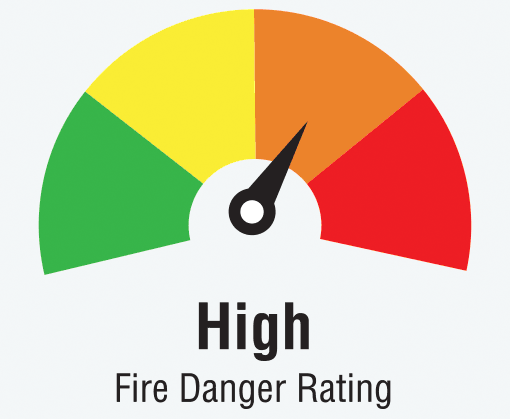The RMOW is responsible for solid waste management in Whistler. Whistler’s goal is to continuously reduce landfilled waste and strive for zero waste.
Solid waste management in Whistler is guided by a variety of key policies.
Official Community Plan
The Official Community Plan (OCP) is the RMOW’s most important guiding document that sets long-term community direction.
- Chapter 10: Climate Action and Energy includes a goal to substantially reduce GHG emissions associated with solid waste management, with two associated policies.
- Chapter 6: Economic Viability also contains a policy to develop and support strategies and technologies that reduce energy consumption and emissions by focusing on local sourcing, waste reduction, energy and land conservation, and low-carbon emissions that connect sustainability to our tourism economy.
Whistler’s Zero Waste Strategy
The 2021-2026 Zero Waste Action Plan was adopted by Whistler Council in August 2021 and was developed through the guidance of the Zero Waste Select Commitee of Council. The guiding document includes new strategies and actions that apply to all waste generators in the community, in addition to establishing community targets. The RMOW is now working with partners to advance the strategies and actions within the plan, including public outreach and education. It is expected that the Whistler Zero Waste Action Plan will be reviewed and updated every five years to ensure it continues to align with community needs. Learn more.
Solid Waste Bylaw
In support of the above guiding documents, the RMOW has a Solid Waste Bylaw, adopted in 2017, that requires all commercial and strata properties to collect, sort and divert composting, recycling and landfill waste. Garbage and recycling must be stored indoors or in an approved wildlife proof container or wildlife proof storage area at all times, unless approved by the RMOW. Property owners and strata councils are required to work with their waste hauler to ensure compost is part of their waste collection program. Minimum fines of $2,000 are enforced for illegal dumping. To support businesses, property managers and stratas be in compliance with the bylaw, the RMOW has developed a suite of resources.
Solid Waste Management Strategy
In July 2013, Council adopted a Solid Waste Management Strategy that aims to reduce solid waste management operating costs while working towards Whistler’s goal of zero waste by diverting waste from the landfill. The four key ways the Strategy goals will be achieved are by establishing performance-based contracts, increasing the compost facility, encouraging waste diversion from stratas and commercial settings and participating in the provincial Recycle BC program.
SLRD Solid Waste Resource Management Plan
In B.C., each regional district is mandated by the Provincial Environmental Management Act to develop a solid waste and resource management plan that provides a long-term vision for solid waste management, including waste diversion and disposal. The latest SLRD Solid Waste and Resource Management Plan was updated in 2016.
Climate Action Big Moves Strategy
The RMOW adopted the Climate Action Big Moves Strategy in 2020 to identify top priority areas for action in response to the climate crisis. The Climate Action Big Moves Strategy focuses on transportation, buildings, and waste, and aligns with the Zero Waste Action Plan under development.
Sea to Sky Food Recovery Plan
A Sea to Sky Food Recovery Strategy and Action Plan was presented to Whistler Council at the regular meeting on Tuesday, October 5, 2021. The strategy has the bold goal of maximizing the recovery and distribution of food in the Sea to Sky corridor, while minimizing food waste. The plan was prepared by the Whistler Centre for Sustainability on behalf of the Resort Municipality of Whistler (RMOW). A task force comprising 17 individuals from food distribution organizations, local governments, and the food industry (hotels, restaurants, and grocers) across the corridor further provided input.

